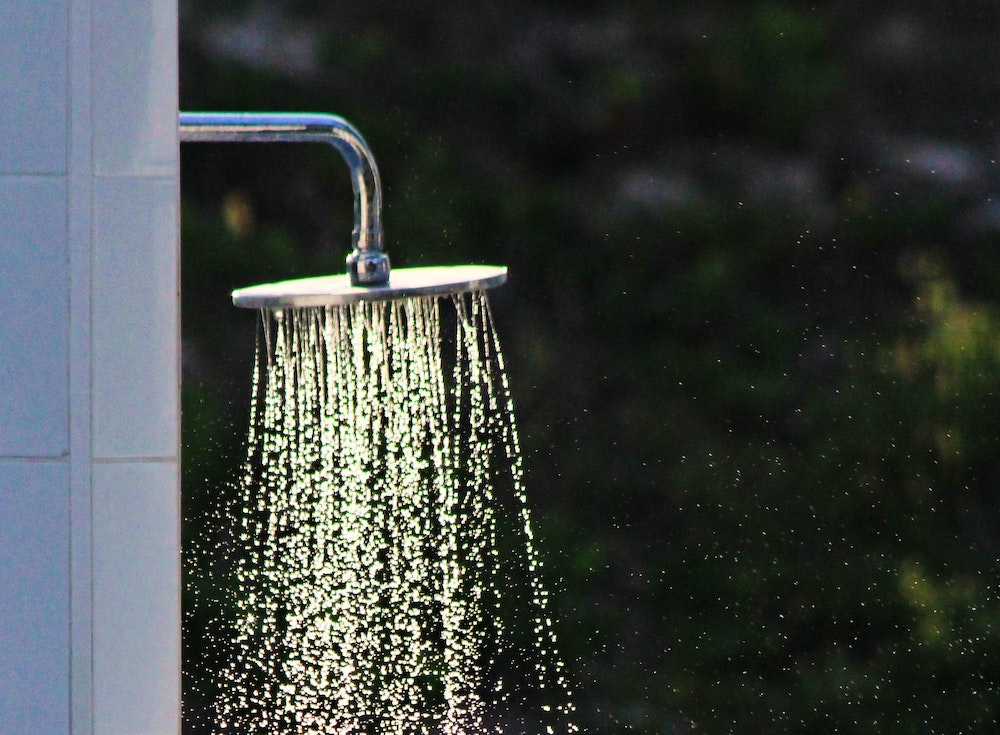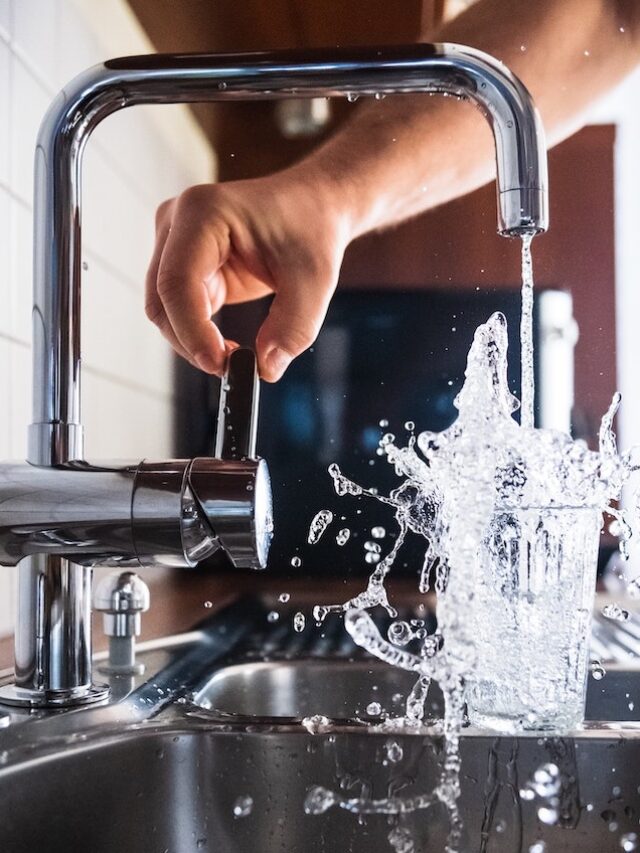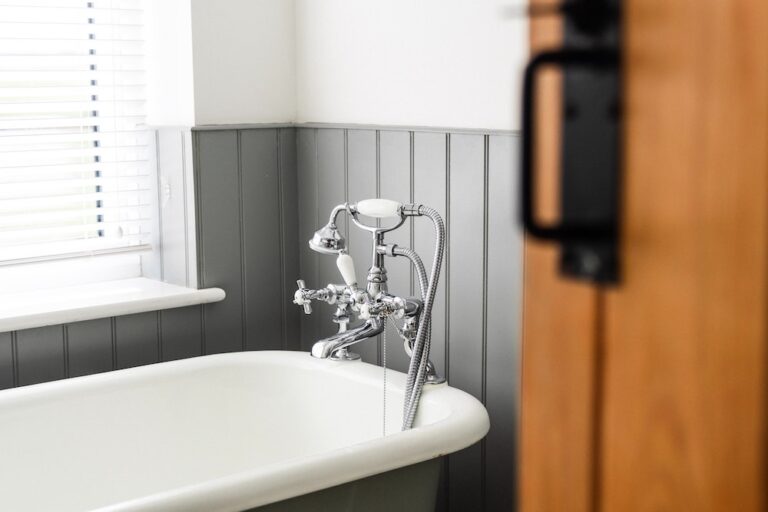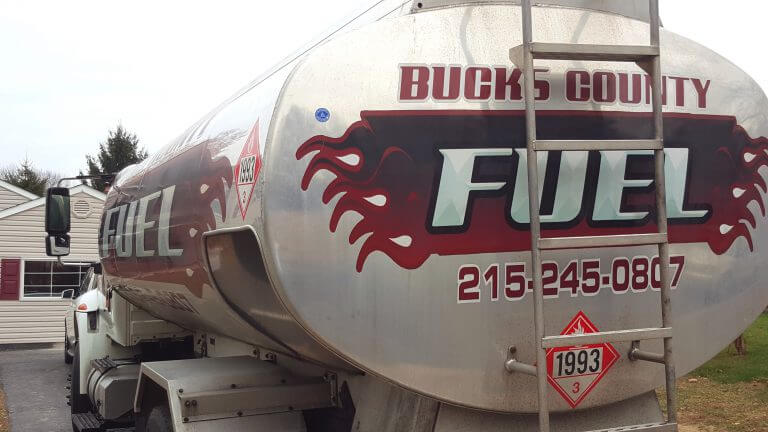Do you know if you need a water heater replacement in the Bucks County area? A water heater failure is a major inconvenience in any home. Most families need hot water daily for showering, hand washing, and dishwashing, not to mention sporadic loads of laundry or other water-related chores.
It can be shocking when only ice-cold water comes out of your pipes. If your water heater is malfunctioning or nearing the end of its life, you need to act quickly to avoid being without hot water for days or even weeks.
An electrical problem with a water heater can happen occasionally, but other factors can also cause your water heater to fail. The most common problems that can occur with a water heater are discussed below, as well as whether water heater repair or replacement is necessary.
1. There Is No Hot Water at All, or Water Quickly Turns Cold
If the water heater is not producing hot water or enough hot water, there may be several reasons, some of which are relatively easy to fix. Consider these possibilities before thinking of getting a Bucks County water heater replacement:
Problems With Thermostat Settings
This is the first factor that could cause your water heater to produce little or no hot water. Likely, the thermostat was unintentionally set lower than ideal if you have used it recently. Or, the water heater thermostat may not have been set properly when you moved into your new home.
It’s a good idea to start here, as this is one of the easier solutions to the problem of no hot water. The ideal temperature range for a water heater thermostat is between 120 and 140 degrees Fahrenheit.
After setting the thermostat, it takes some time for the water heater to raise the temperature of the water in the tank. Wait 30 minutes to an hour before rechecking the water temperature at the faucets.
Problems With the Heating Element or Burner
If you suddenly run out of hot water, the heating element in the tank may have failed or is failing. The heating element is usually located inside the tank. Sometimes the electrical connections deteriorate so the water can no longer be heated effectively. Gas-fired water heaters use a burner to heat the water. The burner can wear out over time if not properly maintained.
If you think one of these components is why your water isn’t getting cold, you can hire a professional for an inspect and water heater replacement services.
Problems With Tank Size
If you frequently run out of hot water, the appliances in your home may use up all the hot water before you can use it. You may run out of hot water when you try to take a shower after turning on the dishwasher and doing a load of laundry.
If you have hot water occasionally, but not all the time, you may need a larger tank to meet your household’s hot water needs. An expert can examine your water heater and recommend a water tank that is the right size for your home and needs.
Problems With Tank Location
If your water tank is outdoors or in an area of your home that is not well insulated, the water temperature may change in cold weather. If the cold water problem only occurs in cold weather, you may need to find a solution to better insulate the tank or pipes from the chilly air.
2. Heater Is Making Loud Noises
A water heater should make little, if any, noise. If you hear unusual or loud noises from your tank, there may be a problem that needs immediate attention. If your unit is making clanking, banging, or rumbling noises, sediment may be building up at the bottom, preventing the water heater from operating efficiently.
Sediment from the water will eventually build up at the bottom of the unit when you use hot water, and the unit reheats fresh water. This problem can develop much faster than usual if you use very hot water or your home is in an area with unusually hard water. It becomes more difficult for the device to effectively heat the water if enough sludge has accumulated. This can stress the unit, corrode the metal casing, and eventually lead to leaks.
You should hire a professional to flush the tank once a year. This will remove the sediment and extend the life of the water heater. If your water heater is still making unusual noises after flushing, it may have reached the end of its life, and no amount of flushing will likely increase its chances of survival. You will need to call a pro for a Bucks County water heater replacement
3. Unit Is Leaking water
If water is collecting around the tank or the pipes going to the tank, there is undoubtedly a problem that needs to be addressed immediately. Leaks can cause significant property damage if neglected. In addition to wet walls, carpets, furniture, and other possessions damages, you could also be dealing with invasive mold.
There could be several reasons for your water heater leaking. An expansion problem with the tank could be the cause. Every time the water is heated, the tank expands, and after many cycles of heating the water, the metal wall of the tank can begin to crack. Initially, only a small amount of water may leak from these cracks, but the consequences can be catastrophic as the pressure increases.
Another reason for water leaking around the tank can be loose connections. These can occasionally be tightened by a homeowner, but sometimes they need to be replaced by a specialist. A faulty pressure relief valve or leaking pressure/overflow pipes could be symptoms of a problem with the device. Contacting a professional to check these components and ensure the unit is working as intended is better.
Small leaks may not be immediately apparent. Therefore, it is advisable to regularly check the water tank for leaks to detect them as soon as possible. If they are overlooked, there is a risk that not just a trickle but gallons of water will spill onto the floor.
4. Rust is Building Up on the Unit.
Rust is an obvious indicator of corrosion and may indicate an impending leak. Rusting inside the tank is often indicated by rust on the outside of your unit near the water inlet. Since there is no permanent solution to rust, you will likely need a water heater replacement soon or risk significant water damage from a leak.
If you notice that your water is rust-colored, your water heater or pipes may be faulty. Run three buckets of hot water from a faucet to determine if the problem is water-related. If the rust disappears when you run the hot water, your pipes may be rusting, but if the water is still rusty after the third bucket, your water heater is almost certainly rusting. Since rust is a sign of an imminent leak, the water heater must be replaced as soon as possible.
Call Bucks County Fuel for Water Heater Maintenance
A certain amount of hot water is required for daily use in the household. So, if your water heater breaks down for any reason, it needs to be fixed right away to guarantee that everyone in the house is comfortable. Call us immediately if you see any indications that your water heater needs to be replaced. Our service teams will be on the scene quickly to repair and replace heating units of all types and sizes.





